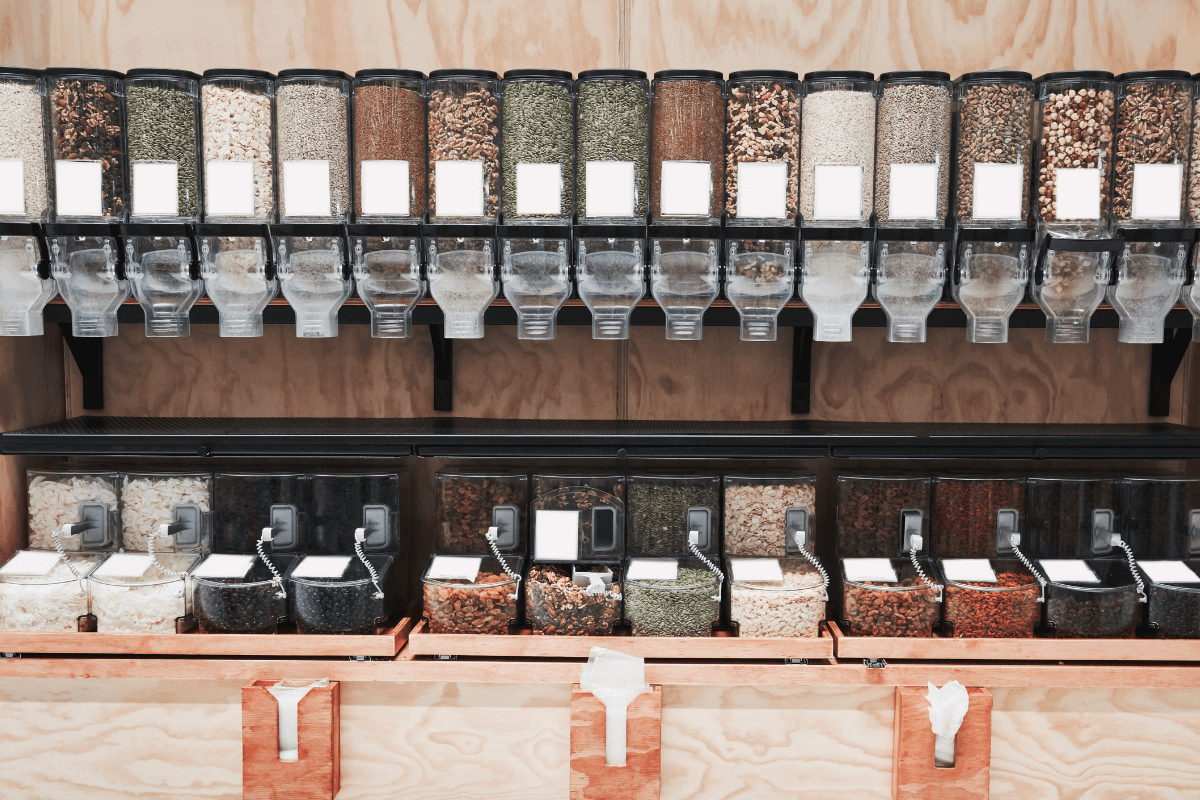Canada’s agricultural sector is the fifth largest source of greenhouse gas emissions. That said, what we put on our plates has a significant impact on both our own health and that of the environment.
But is it possible to reconcile cognitive health with the health of the planet?
What is sustainable nutrition?
Sustainable nutrition refers to a set of food practices that range from production to consumption and, of course, waste management. These are practices focused on food accessibility and justice, as well as respect for the environment and human rights.
It’s called sustainable nutrition because it meets current food needs while preserving the planet’s resources for future generations.
Opting for sustainable food systems not only contributes to a fairer world where human health is intricately connected to ecosystem health, it also ensures our grandchildren’s future.
How can we make sustainable food choices?
Shortage of choice is not an issue in our well-stocked grocery stores. But the most economical choices are not always the most ethical or ecological. How can you consume more responsibly without it costing an arm and a leg? Here are a few tips!
- Choose local, in-season products. Seasonal fruits and vegetables often cost less. Buying at farmers’ markets can be a budget-friendly option. Solidarity baskets are also a great way of supporting the farm-to-fork initiative.
- Choose minimally processed foods. Not only are they more nutritious, they’re also less environmentally damaging.
- Prioritize plant-based proteins over animal proteins. In addition to being much cheaper, growing plants for food (such as nuts, seeds, and legumes) is far less harmful for the environment than raising livestock.
- Organic and fair-trade foods. These foods are generally a little more expensive than their non-certified counterparts because they meet the standards of either environmentally friendly farming practices or fair working conditions. Keep an eye out for discounts or liquidations on slightly imperfect but perfectly edible produce.
- Strive for zero waste. Less packaging means there will be fewer traces after the food is eaten. Buying products in bulk and transferring them into glass jars or reusable bags can be cost effective, and it helps reduce the amount of waste produced.
- Avoid waste. Waste not only exacerbates food injustice, it also has a significant environmental cost. And what makes more financial sense than simply buying what you need?
How does brain health fit in?
The Mediterranean diet has been proven to benefit brain health, but is it compatible with a sustainable diet?
Absolutely! The broad outlines of the Mediterranean model namely include eating more plant-based proteins, and less red meat and processed deli meats.
While it’s true that fish and seafood come with a host of ecological issues, you can choose local products or those from sustainable fishing and aquaculture, to help protect marine ecosystems.
The Mediterranean diet also prioritizes whole grains, nuts and seeds, vegetable oils, and a variety of seasonal fruits and vegetables, many of which are grown in Canada. You can therefore eat locally, while respecting the principles of the Mediterranean model. What’s more, many of these products can be purchased with minimal packaging or in bulk.
The Mediterranean diet also promotes home-cooked meals: another fully sustainable principle.
Ultimately, we can choose foods that help protect our physical and cognitive health while also protecting the planet… and much more!
What green choices will you make on your next trip to the grocery store?
The Lucilab team would like to thank Justine-Gaëlle St-Arnaud (Université de Montréal nutrition intern) for her contribution to this blog post as part of her internship in public nutrition.








